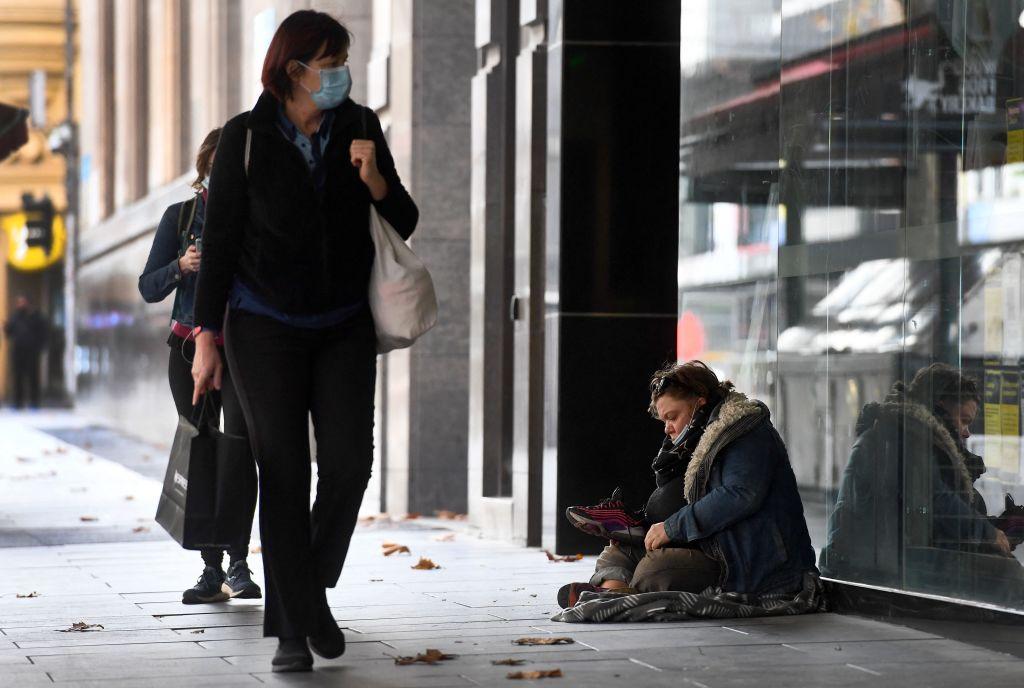Commentary
There is more care than productivity in this budget. Literally, “care” is one of the most frequently used words in the budget, with 20 mentions, while “productivity” has just four.

There is more care than productivity in this budget. Literally, “care” is one of the most frequently used words in the budget, with 20 mentions, while “productivity” has just four.